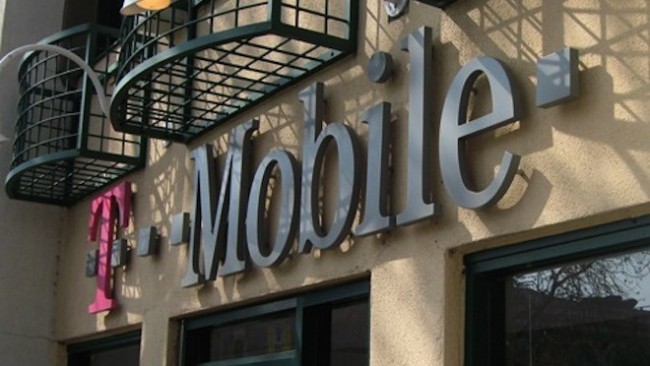T-Mobile business users have the same type of data plans that regular T-Mobile users have. For those of you who aren’t familiar with how they charge for data, here’s how it works: Say you’ve signed up for 5 GB of data per month. Once you use up 5 GB your data doesn’t get switched off, instead it gets throttled to speeds that some people refer to as “EDGE-like”. Starting today business users will now have the option of paying for data like AT&T and Verizon users pay for data, meaning once you use up all your gigabytes you’ll be charged overage fees. Depending on what type of plan you have, said fees range from as much as $0.10 per megabyte to as little as $0.02 per megabyte. Will these new “overage enabled” data plans be made for consumers? The company isn’t saying anything about that, so we can’t say yes or no at this point.
This news brings up a good question: How should data be priced? We’re huge fans of T-Mobile’s throttling policy. We’d rather have a predictable monthly bill and “suffer” with slow internet versus having ridiculously fast bandwidth all month and then having a heart attack when we open up that envelope from Verizon. At the same time, we acknowledge that people should have a choice.
At the end of the day, we do have to wonder why wireless operators don’t charge for data in much the same way that wired broadband companies charge. For example, every DSL line that AT&T sells or every fiber line that Verizon sells comes with unlimited data, you simply pay more for more speed. If you’re a geek who loves bit torrent, then you have no problems paying over $150 per month to get over 100 megabits down. Meanwhile if you’re not that tech savvy then you have no qualms about forking over $40 per month for a 20 megabit line.
Why can’t wireless work the same way? For those of you who doubt the viability of that model, that’s how mobile data works where this writer is based: Finland.
[Via: The Verge]
